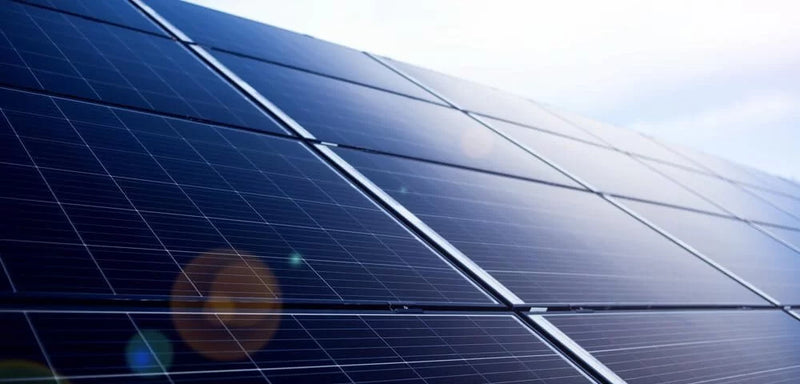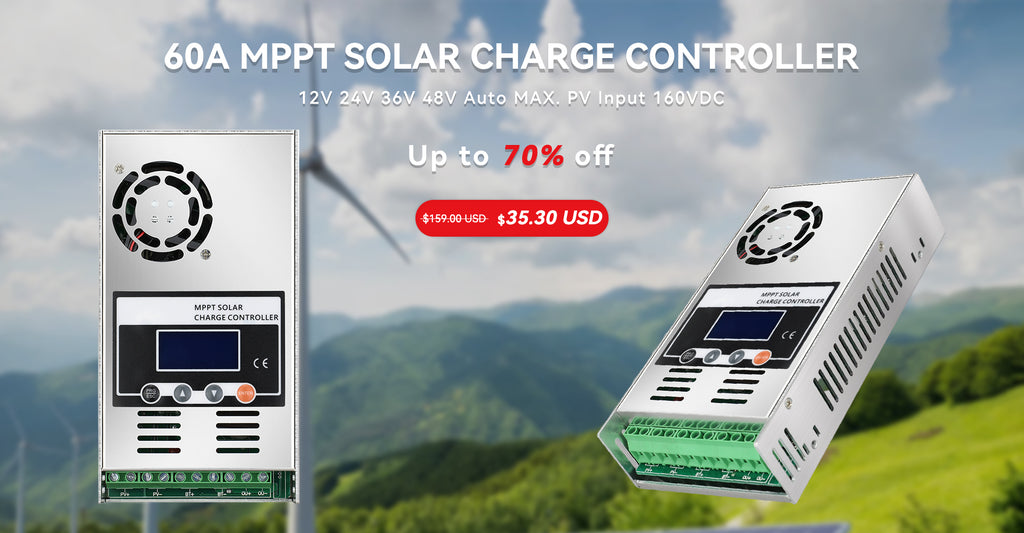
In this article, we will explore the differences between hybrid solar systems and on-grid solar systems and help you decide which option is best for you.
Hybrid Solar System
A hybrid solar system is a combination of solar panels, batteries, and a backup generator. The system is designed to provide energy independence and reliability by allowing you to generate, store, and use your own electricity. The solar panels collect energy from the sun, which is then stored in batteries for later use. When the sun isn't shining and the batteries are low, the backup generator kicks in to provide the additional power needed.
One of the main advantages of a hybrid solar system is energy independence. Because the system generates and stores its own electricity, you are not reliant on the grid for power. This can be especially beneficial in areas prone to power outages or for those who want to reduce their carbon footprint. Additionally, a hybrid solar system can help you save money on your electricity bill by reducing your reliance on the grid.
However, there are also potential drawbacks to consider. One significant disadvantage is the higher upfront cost of a hybrid solar system. Because it includes both batteries and a backup generator, the cost of a hybrid system can be significantly higher than an on-grid system. Additionally, batteries require maintenance and will need to be replaced over time, which can add to the overall cost of the system.
On-Grid Solar System
An on-grid solar system is a solar power system that is connected to the grid. The system includes solar panels and a grid-tied inverter, which converts the DC power generated by the solar panels into AC power that can be used to power your home or business. Any excess power generated by the solar panels is sent back to the grid, which can be credited to your account through net metering.
The main advantage of an on-grid solar system is its lower upfront cost. Because the system is connected to the grid, there is no need for batteries or a backup generator. Additionally, on-grid solar systems can take advantage of net metering, which can help you save money on your electricity bill by allowing you to sell excess power back to the grid.
However, there are also potential drawbacks to consider. One significant disadvantage of an on-grid solar system is that it is reliant on the grid for power. This means that during power outages, you will not have access to electricity unless you have backup batteries or a generator. Additionally, on-grid solar systems may not be suitable for those who want to reduce their reliance on the grid or who live in areas prone to power outages.
Which One is Better?
When deciding between a hybrid solar system and an on-grid solar system, there are several factors to consider.
1. Energy Independence
If energy independence is important to you, a hybrid solar system may be the better choice. Because the system generates and stores its own electricity, you are not reliant on the grid for power. This can be especially beneficial in areas prone to power outages or for those who want to reduce their carbon footprint.
2. Upfront Cost
If upfront cost is a significant factor, an on-grid solar system may be the better choice. Because the system is connected to the grid, there is no need for batteries or a backup generator, which can significantly reduce the cost of the system.
3. Reliability
If reliability is a significant factor, a hybrid solar system may be the better choice. Because the system includes backup batteries and a generator, you can be assured of constant power even during power outages or other disruptions to the grid.
4. Net Metering
If you live in an area with net metering, an on-grid solar system may be the better choice. Net metering allows you to sell excess power back to the grid, which can help you save money on your electricity bill.
Conclusion
In conclusion, when deciding between a hybrid solar system and an on-grid solar system, it's essential to consider your individual needs and priorities. A hybrid solar system can provide energy independence and reliability, but it comes with a higher upfront cost. An on-grid solar system is more affordable, but it is reliant on the grid for power and may not be suitable for those who want to reduce their reliance on the grid. Ultimately, the choice between a hybrid solar system and an on-grid solar system will depend on your individual needs and priorities.




0 comments